Atlantica Magazine
Young professionals are often an unheard voice in policy discussions. More often than not, however, it is their insights that we need to break hardwired, outdated ideas about foreign policy and transatlanticism. Atlantica aims to amplify the voices of the young generation of transatlanticists. Our team is committed to publishing your article. Each issue features three articles per month on a theme selected by the Atlantic Forum team, in conjunction with NATO’s Public Diplomacy Division.
Find our latest
Atlantica publications here:

Will the NATO Alliance Last Another 75 Years?
With its manifestly collectivist credo that is evidenced in Article 5 of the North Atlantic Treaty, “an attack on one member is considered an attack on all,” NATO may seem poised to remain the leading global political and military alliance. But in 2024, NATO has found a conflict it has yet to solve: the problem of meaningful youth inclusion. Though NATO has long propped up a myriad of peacekeeping efforts across the globe, it may soon crumble under the weight of its inability to adapt. As the world’s most powerful military alliance approaches its 75th birthday, it is worth asking: does NATO have what it takes to last another 75 years? Not without a stronger mechanism to cultivate the next generation of leaders.

Redefining Security: How to Reshape the Power Dynamics in the Black Sea?
The security configuration in the Black Sea has dramatically transformed since the full-scale invasion of Ukraine in early 2022. It is becoming clear that the current security architecture is unable to properly respond to these challenges. Russia is not going to give up on the Black Sea, nor it is going to give up on conquering Ukraine and potentially moving into NATO territory. Therefore, there must be a clear strategy in place that NATO and Ukraine are moving toward. Clear steps should be made to ensure Russia’s defeat both in the Black Sea and on all fronts. To this end, NATO should not fear further engagement with Kyiv but rather pursue it.
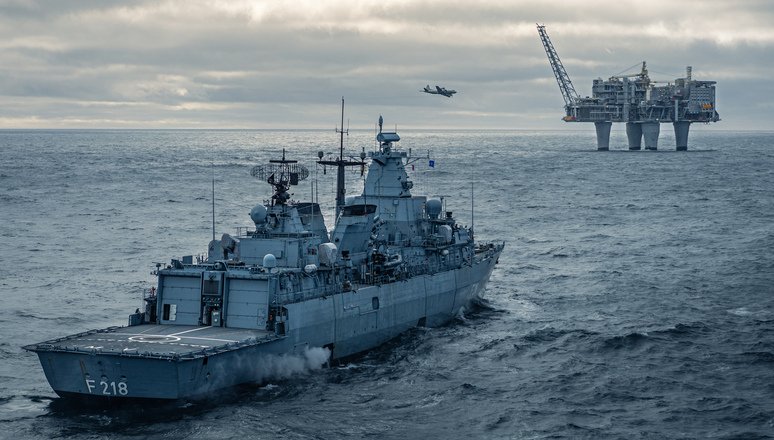
The Crucial Role of Submarine Cables in the Digital Age
Submarine cables, though invisible and taken for granted, are the physical foundation of an increasingly digitally connected world. As their control is shifting from telecommunications companies to tech giants and their geopolitical and security implications are becoming increasingly important, it is necessary to update the international legal framework to protect them. This article explores the geopolitical importance of undersea networks and NATO’s role in preserving submarine networks, recognizing the Alliance’s crucial role in protecting critical infrastructure.
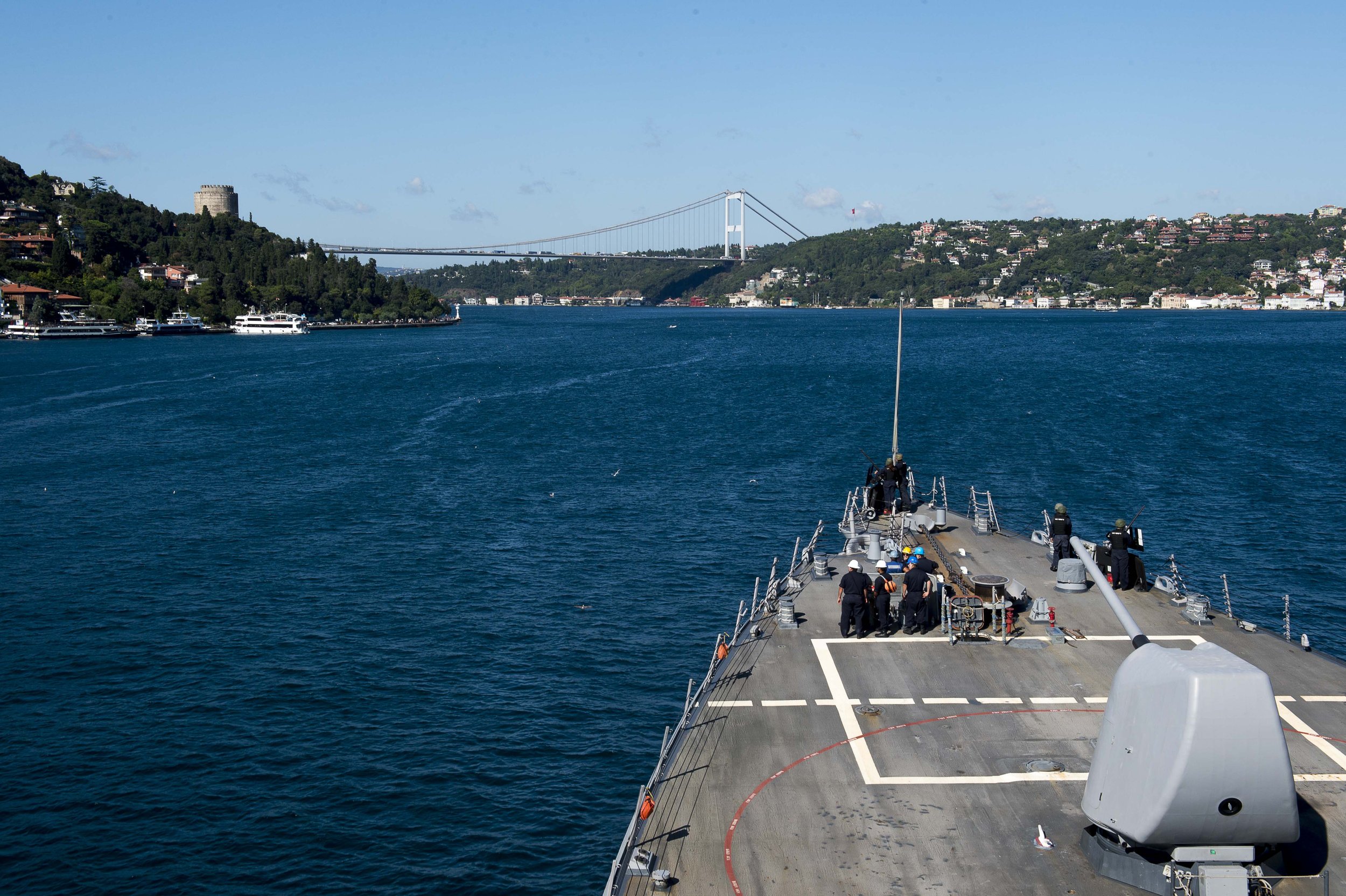
The Montreux Convention and NATO’s Presence in the Black Sea
This article seeks to explain the Montreux Convention, which regulates the passage of vessels into the Black Sea, discussing its implications for both littoral and non-littoral states’ naval presence in the sea and, thereby, NATO's presence in the region. The article first sets out the ordinary prescriptions of the Convention. It then evaluates NATO’s presence in the Black Sea by examining NATO member states’ fleets in the region. The article then proceeds to evaluate the legal and practical effectiveness of vaunted loopholes in the convention, in particular the Danubian route for warships into the Black Sea, finding them, on balance, to be illusory. It then assesses how NATO’s presence in the Black Sea may be strengthened within the framework of the Convention.
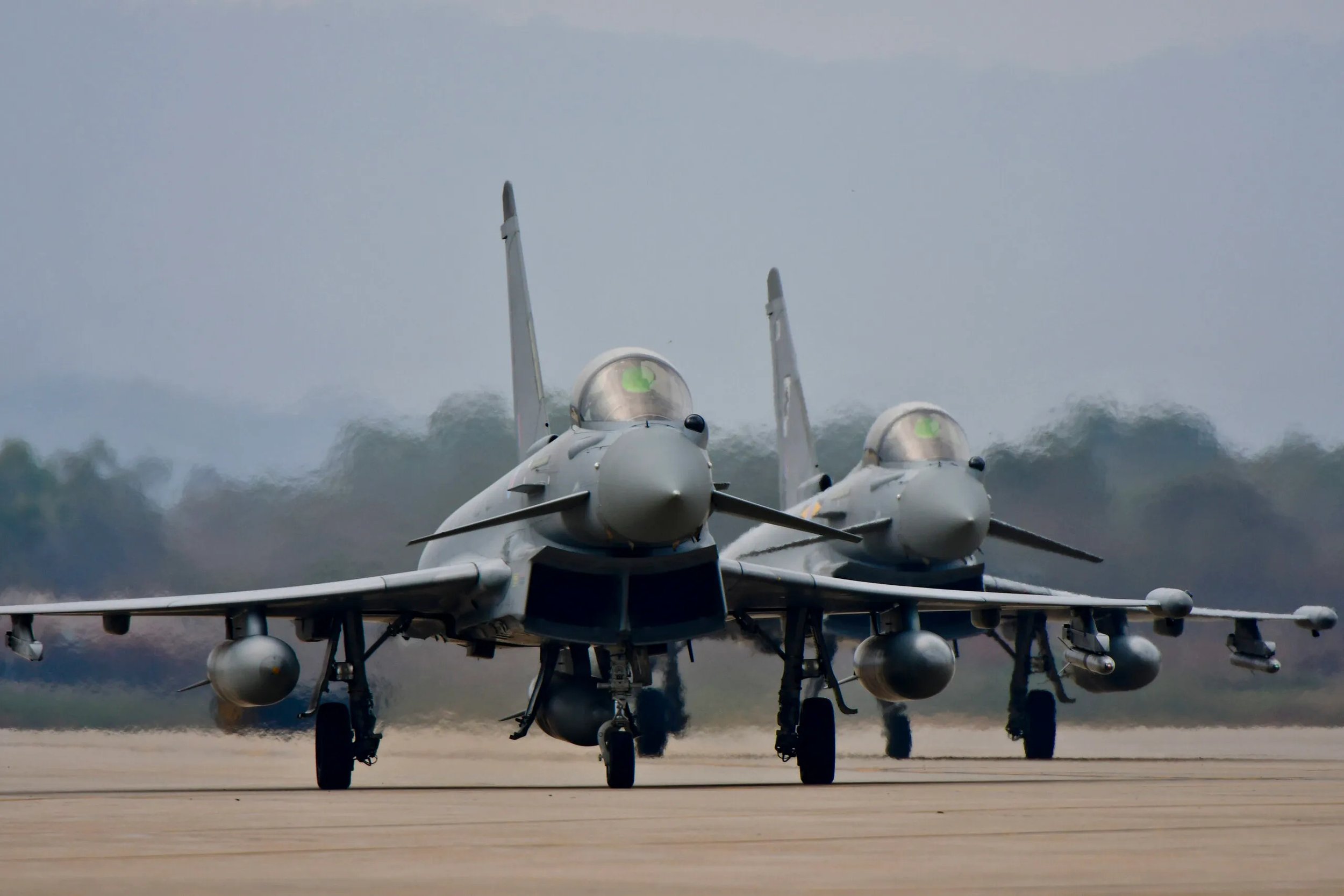
Beyond Steadfast Defender 2024: Advocating for Enhanced Military Preparedness on NATO’s Eastern Flank
In response to escalating instability in Europe and unprecedented and aggressive actions by Russia in Ukraine, NATO has demonstrated its resolve and operational readiness by conducting Steadfast Defender 2024, the largest military exercise since the Cold War. This strategic deployment, involving approximately 90,000 troops from all NATO Allies, is a clear testament to the Alliance’s commitment to collective defence and its capability to respond decisively to emerging threats across the Euro-Atlantic area.
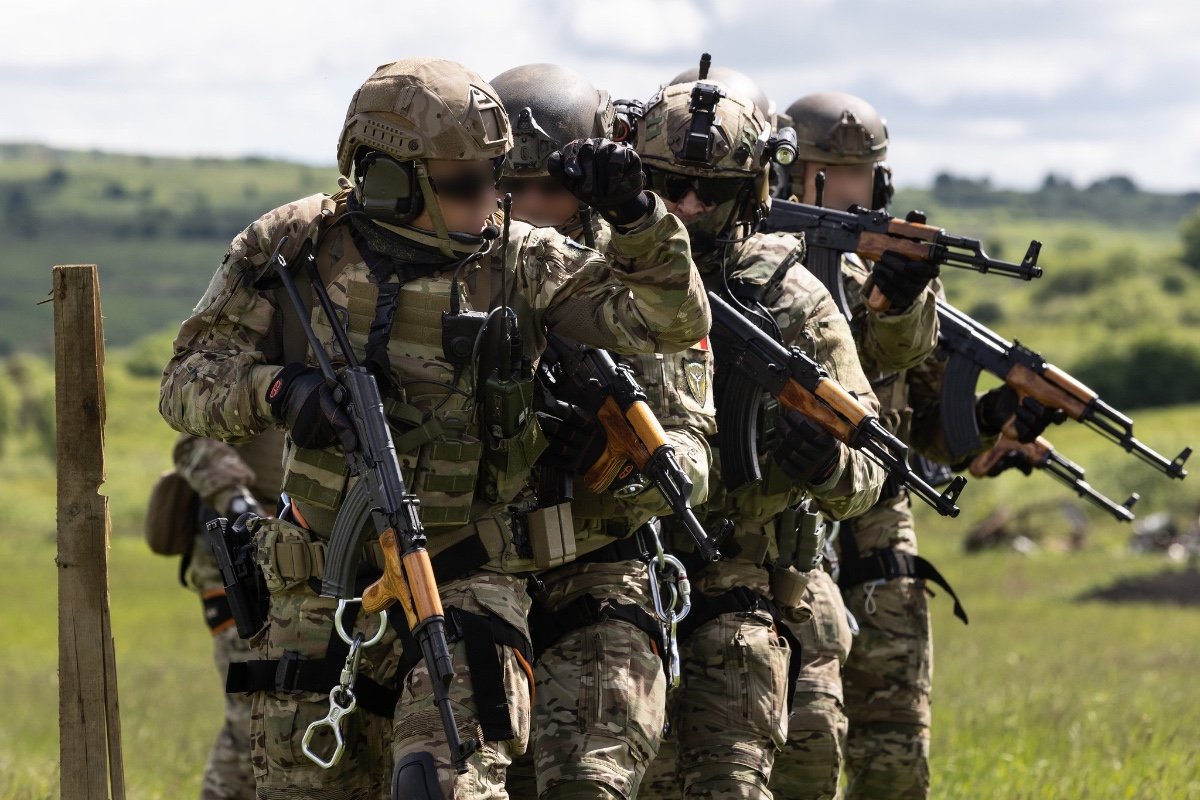
Evaluating NATO's Strategic Posture: An Analysis Through Steadfast Defender 2024
The operational readiness and strategic coherence of NATO forces are pivotal in maintaining global security and deterring aggression. The Steadfast Defender 2024 exercises serve as a critical lens through which NATO’s readiness and adaptability in response to contemporary security challenges can be assessed. This study proposes a comprehensive analysis of NATO’s operational readiness, leveraging insights from Steadfast Defender 2024. It aims to evaluate the alliance’s tactical efficiency, interoperability among member states, and the effectiveness of command and control structures in a high-stakes environment. By dissecting the exercises’ outcomes, the study will identify strengths and potential areas for enhancement within NATO’s strategic framework.
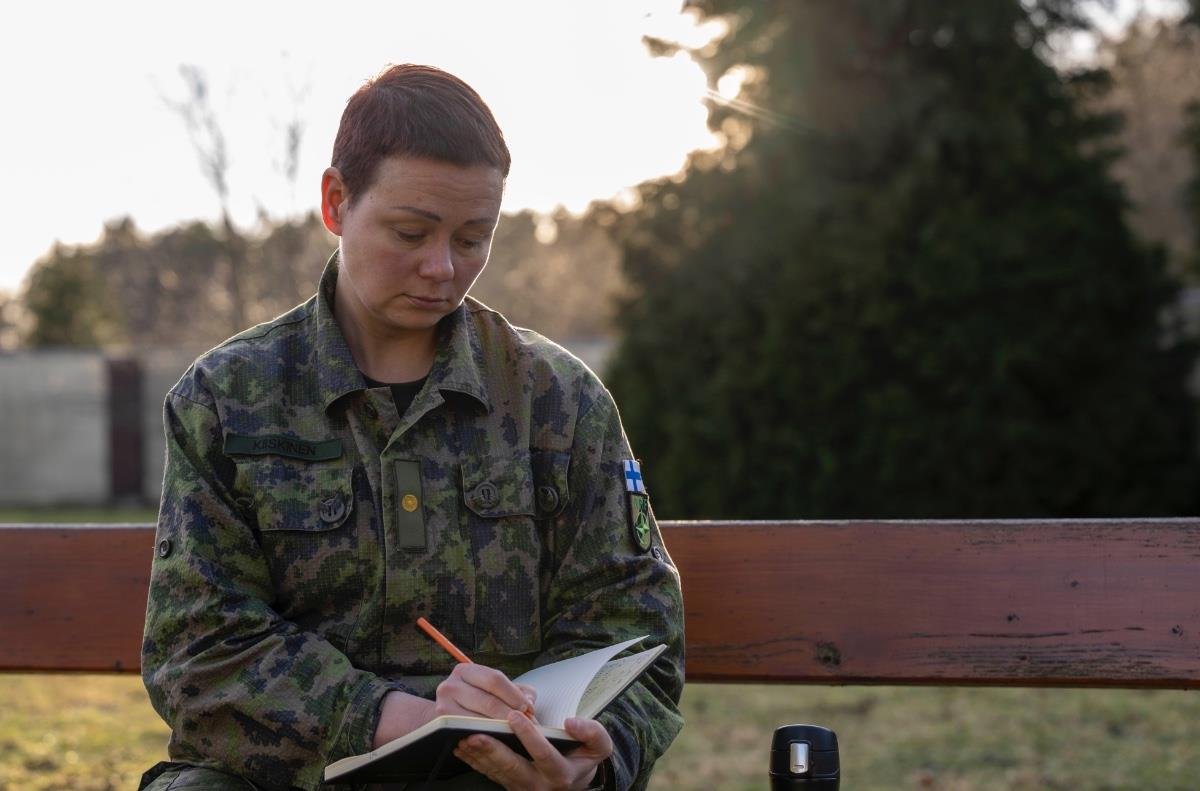
The Future of WPS with an Enlarged Alliance: The Cases of Sweden and Finland
The Russian invasion of Ukraine significantly disrupted European security stability, prompting traditionally neutral nations like Finland and Sweden to join the North Atlantic Treaty Organization. Across Europe, there was a notable surge in national military budgets, reflecting a collective effort to bolster defence capabilities in response to the heightened geopolitical tensions. Paradoxically, despite the increased military expenditures, the Women, Peace, and Security Agenda, designed to mitigate war risks and reduce overall military investments, showed limited effectiveness. In this context, the Nordic countries emerged as leaders in gender equality and women's participation, even within their armed forces. The article delves into the analysis and anticipation of the potential advantages associated with the inclusion of gender-equal nations, particularly the Nordic countries, within NATO. By examining the correlation between gender equality, national security, and military effectiveness, the article aims to shed light on how these progressive nations contribute to a more inclusive and resilient alliance. The juxtaposition of increased military spending with the Nordic countries' commitment to gender equality presents an intriguing perspective on the multifaceted dynamics shaping European security in the aftermath of the Ukrainian crisis.
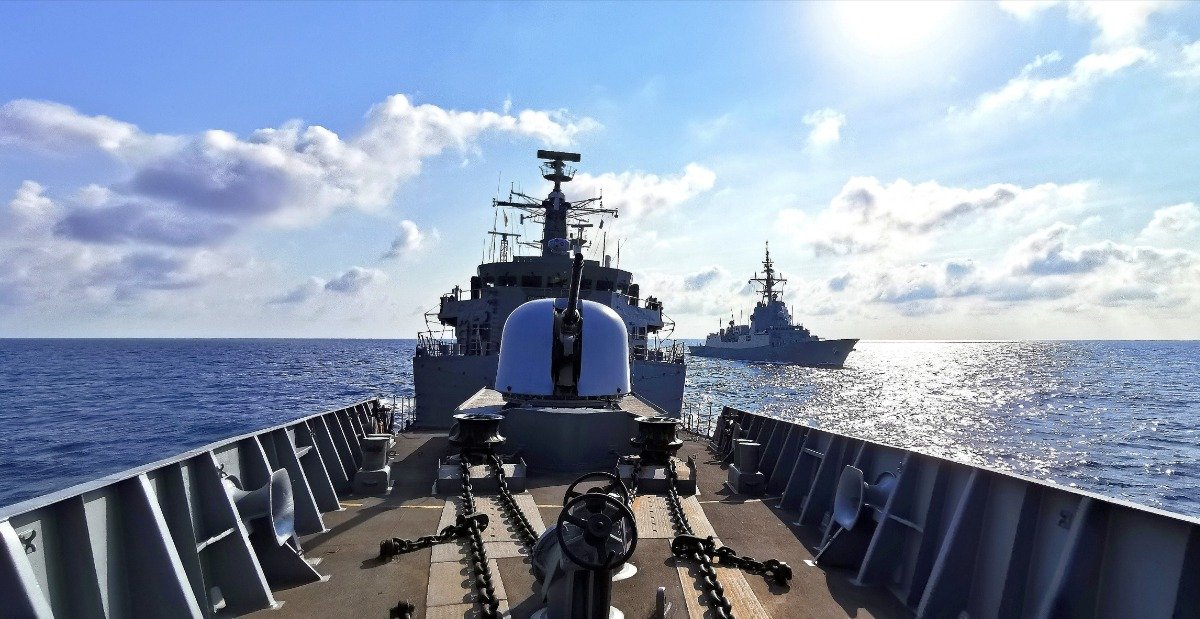
Is the Black Sea Already a NATO Sea?
Since the escalation of the War in Ukraine, discussions concerning NATO’s mission and scope in the Black Sea as an increasingly significant geopolitical area have intensified. Given the significant impact that the delicate power dynamics in the Black Sea region has had on the decision-makers of the Euro-Atlantic alliance and the Russian Federation, it is pertinent to continue investigating the significance of the Black Sea for NATO. Hence, this paper aims to better comprehend NATO’s presence in the Black Sea region, offer policymakers valuable insights to strengthen regional stability and security in the changing geopolitical scenario, characterized by a shift towards a more multipolar environment.

Leading the Way: A Profile of the First Female Deputy Secretary General at NATO
Ayazhan Muratbek profiles Rose Gottemoeller, NATO’s first female Deputy Secretary General, and her distinguished career in international security.
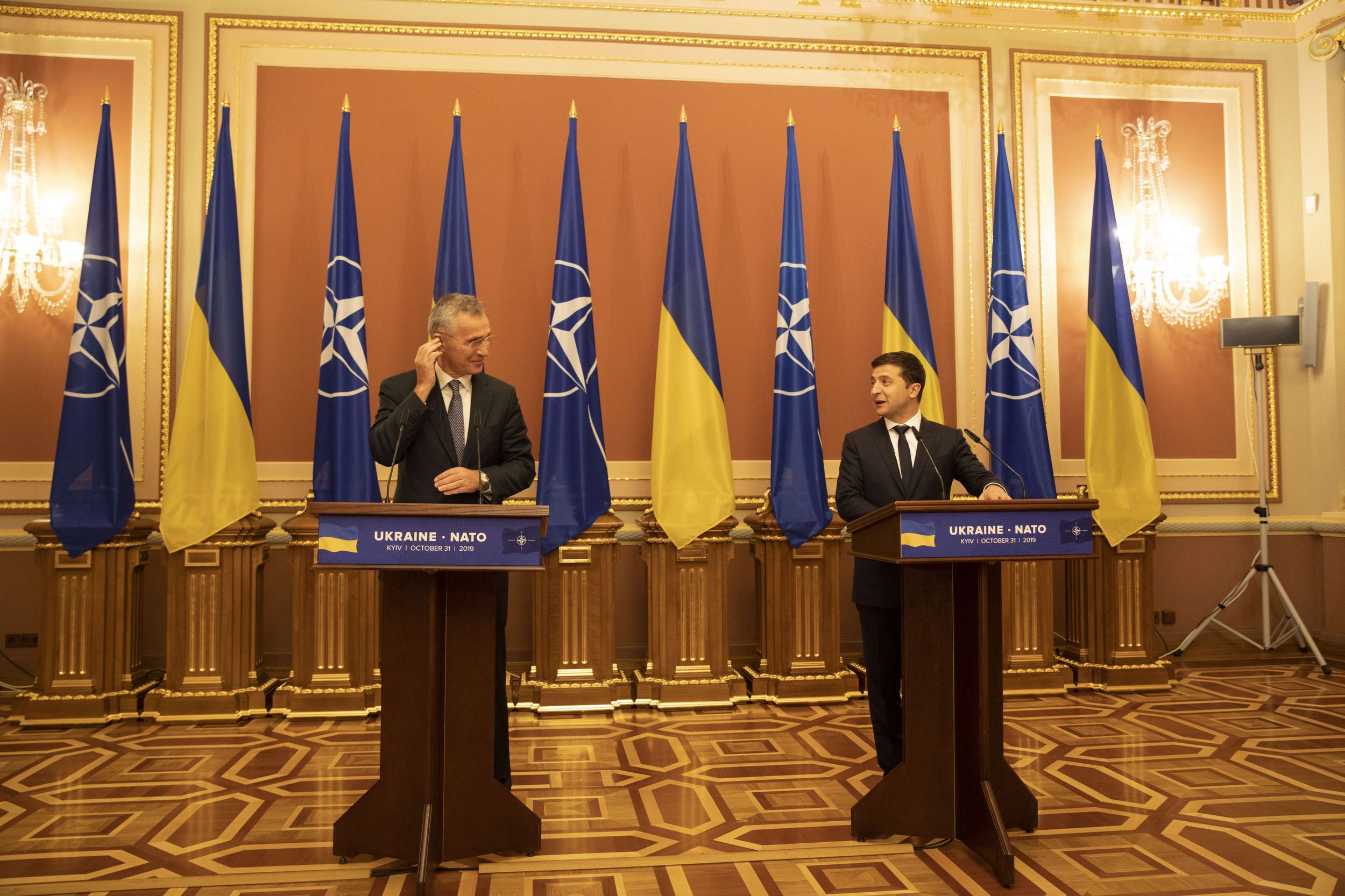
An Innovative Institutional Platform for Cooperation between Allied Powers and Kyiv: Exploring the NATO-Ukraine Council and Its Hidden Diplomatic and Crisis Management Potential
In a complex Euro-Atlantic geopolitical environment, which witnessed the return of conventional warfare following Russia’s full-scale invasion of Ukraine in February 2022, enhancing political dialogue and crisis management have turned into NATO’s operational flagships. Since its establishment at the Vilnius Summit on the ashes of the NATO-Ukraine Commission, the NATO-Ukraine Council has become the relevant forum for Allies and Ukraine to hold joint consultations, devise courses of action to cope with the war of attrition against Russia, and foster Kyiv’s NATO membership aspirations. Ukraine’s equal stance vis-à-vis the 31 NATO members is indicative of its future position in the Alliance; however, before formally inviting Kyiv to join it, significant ground remains to be covered under the fast-track accession procedure agreed in Vilnius. In this respect, the Council can act as a formidable platform for Allies to build consensus at the heads of state, government, ministerial, ambassadorial, and military level.